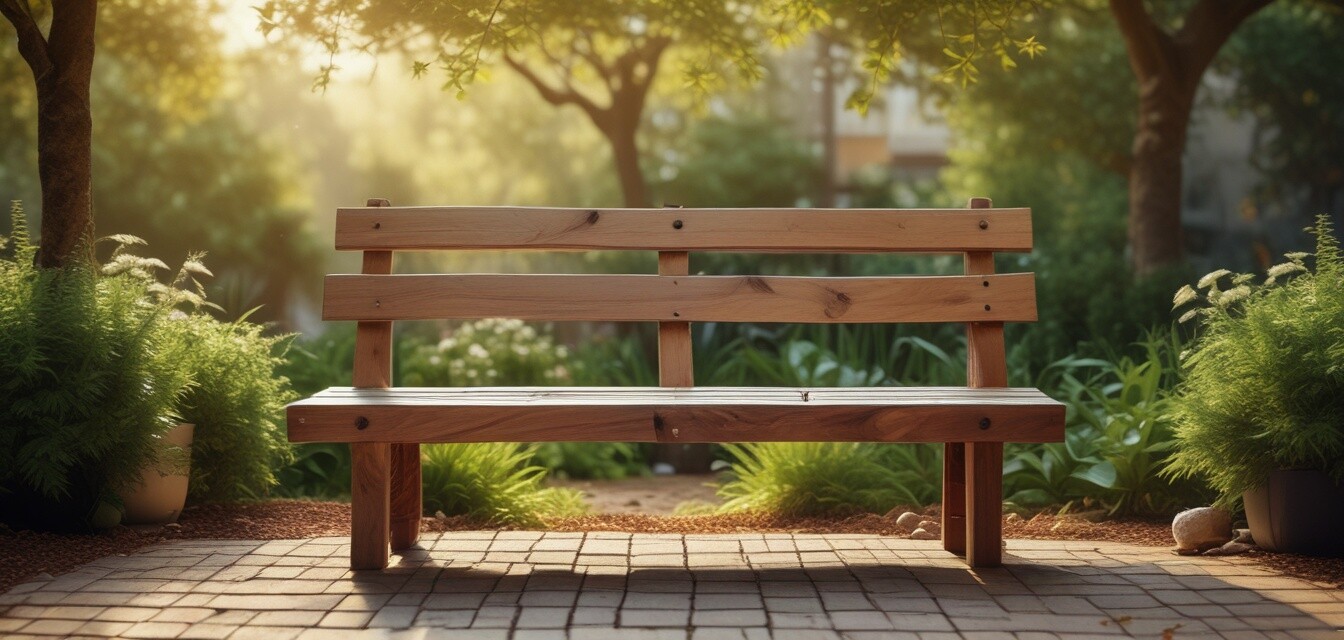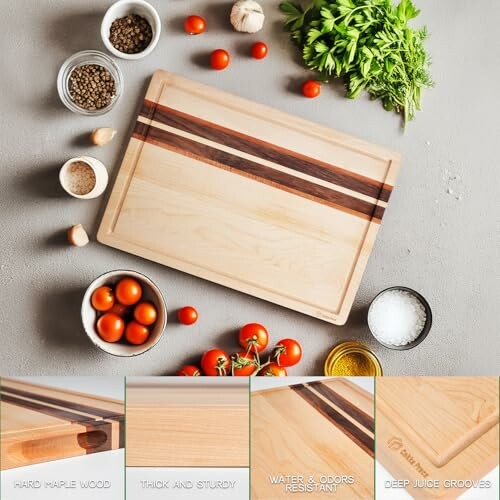
How to Pick the Perfect Wooden Bench for Your Home
Key Takeaways
- Consider the purpose and location of the bench when selecting style and material.
- Explore various wood types for durability and aesthetics.
- Pay attention to the size and dimensions to ensure a good fit.
- Look for features like storage or multi-functionality to maximize usability.
- Do research on various wooden benches and read reviews before making a decision.
When it comes to enhancing your home decor or providing outdoor seating, a wooden bench can be a versatile addition. With various styles, materials, and designs to choose from, it's important to consider several factors before making your purchase. This guide will help you navigate through the options available and assist you in selecting the perfect wooden bench for your indoor or outdoor space.
Understanding Different Types of Wooden Benches
Wooden benches come in a variety of styles and functions. Here’s a breakdown of some popular types:
| Type | Best For | Style |
|---|---|---|
| Garden Benches | Outdoor areas | Rustic, traditional |
| Storage Benches | Indoor spaces | Functional |
| Dining Benches | Dining areas, patios | Contemporary |
| Entryway Benches | Hallways, mudrooms | Traditional, modern |
| Children’s Benches | Play areas | Colorful, playful |
Identifying the Right Material
The type of wood significantly impacts the bench's durability and style. Here are some common types of wood used for benches:
- Teak: Highly durable and weather-resistant, suitable for outdoor benches.
- Oak: Known for its strength and classic look, ideal for both indoor and outdoor benches.
- Pine: Cost-effective and versatile, but not as durable as hardwoods.
- Maple: Strong and dense, great for indoor use.
Pros and Cons of Different Wood Types
Pros
- Natural aesthetic that enhances decor.
- Durable and long-lasting with proper maintenance.
- Eco-friendly, especially with sustainably sourced wood.
Cons
- May require regular maintenance.
- Price varies significantly with wood type.
- Some woods can be susceptible to weathering without proper treatment.
Size Matters: Finding the Perfect Fit
Before purchasing a bench, measure the space where it will be placed. Consider the following dimensions:
| Bench Type | Recommended Dimensions (Length x Width x Height) |
|---|---|
| Garden Bench | 4' - 6' x 18" - 24" x 18" - 20" |
| Dining Bench | 4' - 7' x 14" - 20" x 18" - 20" |
| Entryway Bench | 3' - 4' x 16" - 20" x 18" - 20" |
Special Features to Consider
Many benches come with special features that add functionality. Here are some common features to consider:
- Storage compartments: Ideal for keeping your space organized.
- Built-in cushions: Offer extra comfort and style.
- Reversible options: Provide versatility for various uses.
Caring for Your Wooden Bench
After selecting the perfect bench, it's essential to take care of it to ensure longevity. Here are some care instructions:
- Regularly clean with a damp cloth to remove dust.
- Apply wood polish to maintain shine and grain.
- Use waterproofing treatment for outdoor benches to protect against weather.
- Avoid placing near heat sources to prevent warping.
Featured Product: Large Hard Maple Wood Cutting Board
While discussing wooden products, the Large Hard Maple Wood Cutting Board deserves special mention. It's an excellent example of quality craftsmanship.
Large Hard Maple Wood Cutting Board
This cutting board features a reversible design, juice groove, and built-in handles for convenience in meal prep and serving.
Learn MoreConclusion
Choosing the perfect wooden bench for your home involves considering the style, material, size, and special features that fit your needs. By understanding the various options and their characteristics, you can make an informed purchase that enhances your indoor or outdoor spaces. Don’t forget to explore our buying guides for more tips on selecting the best natural wood products.
